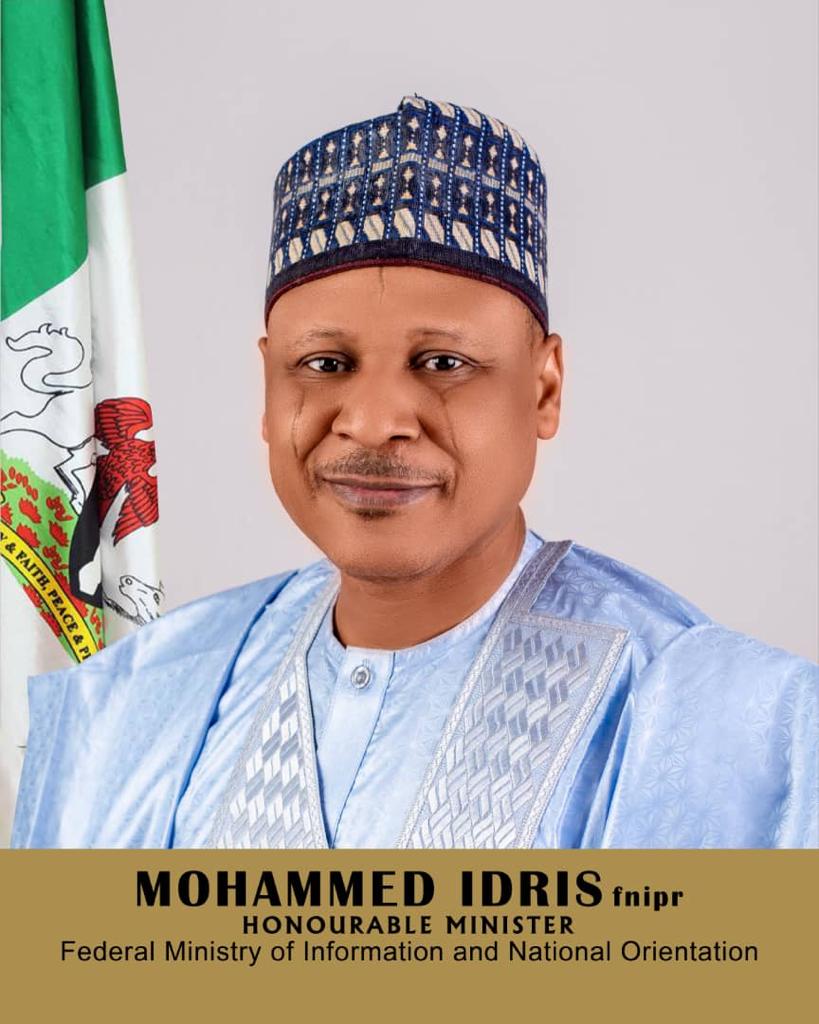By Ijeoma Olorunfemi
The UN Educational Scientific and Cultural Organisation (UNESCO) on Tuesday called for
youths’ empowerment and for youths to take
Ms Ngozi Amanze, the UNESCO National Programme Officer on Education, made the call during a two-day stakeholders’
meeting on “Assessment of Nigeria Family Life HIV Education (FLHE) Programme” in Abuja.
FLHE is a planned process of education that fosters the acquisition of comprehensive factual sexuality information to
enable the development of positive attitude on sexuality beliefs.
The FLHE programme was assessed using UNESCO’s Sexuality Education Review and Asessment Tool (SERAT),
an excel-based tool that supports collection of data on HIV prevention and sexuality education programmes.
Amanze said that Nigeria as the giant of Africa had a huge population of young people who deserved to take responsibility
for their health status.
She added that “Nigeria has a huge number of young people and adolescents and it is important that they are empowered
to develop the attitude, competencies and skills to do the right thing.
“They need to take right decisions about their health and well-being for themselves, for the people around them and
the country as a whole.
“This is important for Nigeria as a country to reap its demographic dividends.”
According to her, the Young People’s Sexual and Reproductive Health Global Report indicates that more than 40 per cent of
the population is under the age of 25 and represents the largest generation of young people the world have ever seen.
She, therefore, referred to the report as having it that young people accounted for almost 50 per cent of new HIV infections.
She said that “in sub-Saharan Africa, young women from 15 to 24 years old are twice as likely as young men to be living with
HIV.
“Globally, only 34 per cent of young people can demonstrate accurate knowlegde about HIV prevention and transmission.”
The national programme officer said it was important for youths to be aware of their health status for better employment,
enjoyable adult marriage, wealth investment, secure old age, among other benefits.
The Regional Director of the organisation, Mr Yao Ydo, said that the meeting was to bring to the fore, the importance of FLHE
to youths, create awareness on the new International Technical Guidance on Sexuality Education and other objectives.
Ydo, who was represented by Mr Abdoulaye Salifou, the Education Programme Specialist, UNESCO, urged youths
to study the Young People’s Sexual and Reproductive Health Global Report and agree on ways to better handle sexuality
education in the country.
Mrs Eucharia Chime, an official from the Federal Ministry of Education, said that FLHE programme had been on since
2002 but encountered imbalance in dissemination of FLHE information.
She said that “in Nigeria, we have partitive in-country implementation in selected states, weak in-country coordination
of the implementation process.”
According to her, comprehensive sexuality education is the vaccine to nip most sexuality issues plaguing the society.
Prof. Eze Nwokocha, the Consultant who conducted the assessment on behalf of UNESCO, said there was need for curricula
review from primary school.
Nwokocha added that the curricula should include FLHE issues which would be embedded in subjects according to global reforms.
He added that “monitoring and evaluation of comprehensive sexuality education is there but no provision for continuity.
“We know it takes a lot of resources for monitoring and evaluation but we can do more.
“We need teacher training on FLHE issues both in primary and secondary schools.
“So, faculties of education should also have access to FLHE issues so that young undergraduates can benefit from this.” (NAN)



